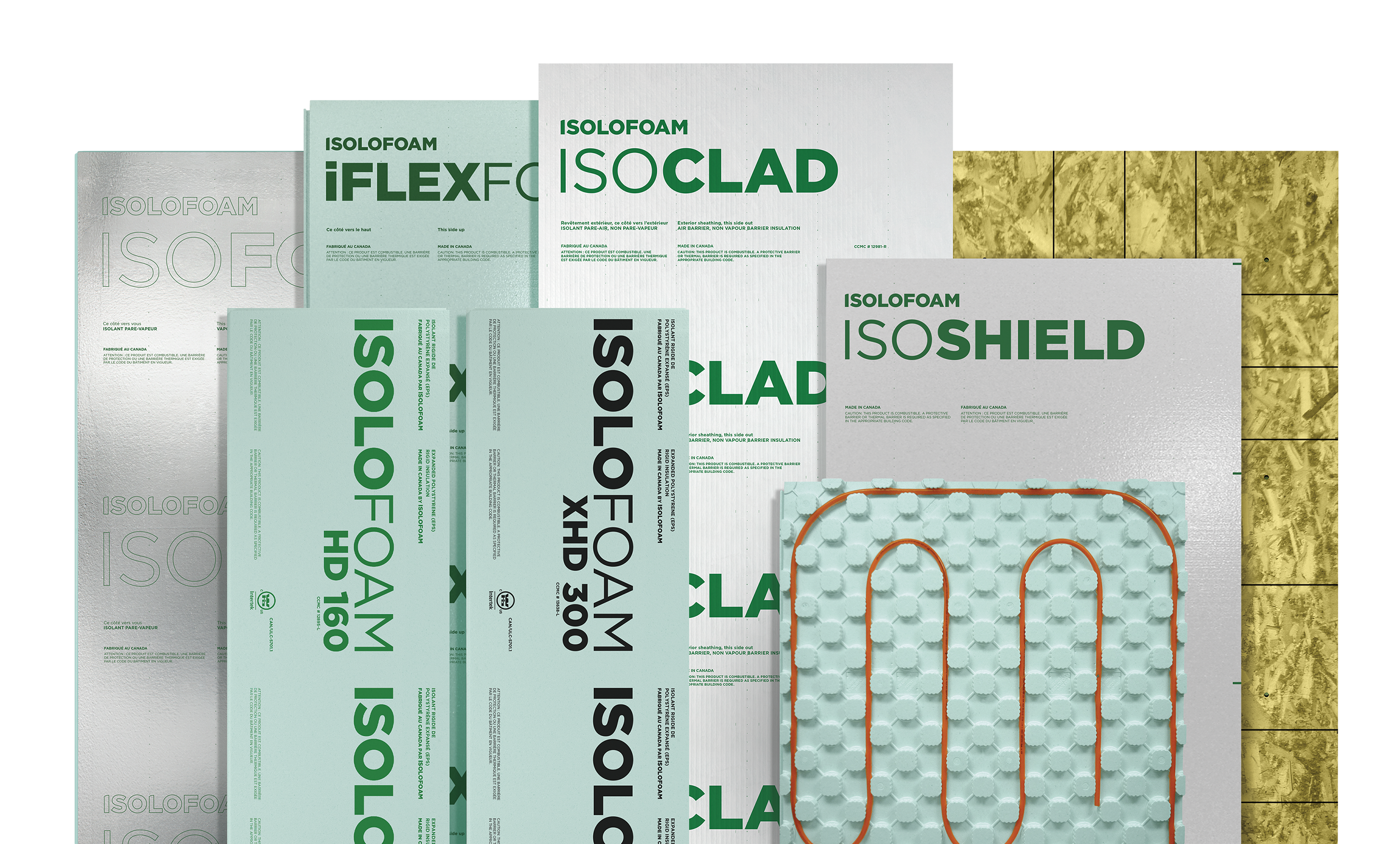
CONVERTER
R and RSI value
Thermal resistance value indicates the insulating performance of a material. The higher the R or RSI value, the more resistant that material is to heat or cold transfer—meaning, the better the insulation it is.
Use the calculator below to get the conversion.
The R value corresponds to the imperial system, while the RSI value is its equivalent in the metric system.
Good to know
Expanded polystyrene: stable and permanent insulating value.
Expanded polystyrene insulation does not contain any gases that evaporate over time, so its long-term thermal resistance remains the same over the years.
This is not the case for all insulations made of plastic. In fact, insulation that contains gases other than air during their manufacturing process can see their insulating value drop over time.
In this sense, Underwriters Laboratories Canada (ULC) has developed the CAN / ULC-S770 standard, in which all foam plastic insulation that are composed of a blowing agent other than air, such as extruded polystyrene (XPS), polyisocyanurate (PIR) insulation and spray polyurethane (PUR), must be tested for long-term thermal resistance (LTTR).
According to this same standard, in Canada, long-term thermal resistance value (LTTR) must be used in concept and assembly designs.

Book your
Presentation
to expand your knowledge about the Isolofoam insulation product line